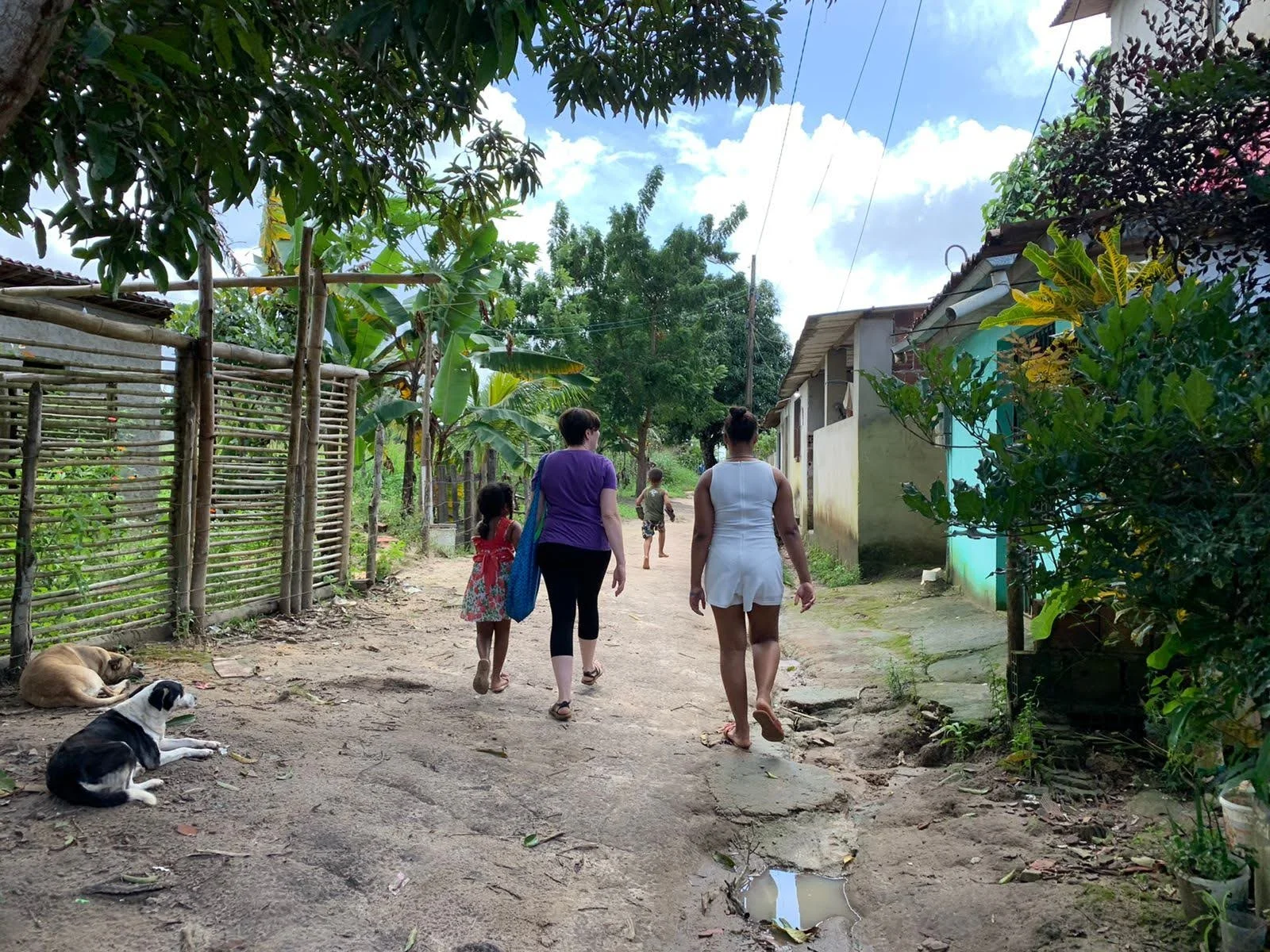Are you Rich?
There was a moment in Brazil this summer that stole my breath. I was walking through one of the Living Stones communities, and one of my kids was looking up at me adoringly. She wouldn’t let go of my hand. She whispered something I had to bend down to hear: “You’re rich, aren’t you?”
I floated back to 2008. I was in the mall in Brazil with my friends, and one had just teased me about being able to buy whatever I wanted. I denied it. Another friend whispered in my ear, “Why is it so important that we think you are poor?”
These whispers tore through my heart. They were valid questions. And I wasn’t sure if I had the answers, or wanted to find them. After 2008, I worked through that question for years. My family valued living frugal, doing the best with what we had, living debt-free, and saving as much as possible—mostly to give away to others. We had a lower income than most everyone else I knew, but we never went hungry.
I saw the waste and abundance used detrimentally in the United States, and worked decidedly against that. But like the pendulum that continues to swing too far, I swung wide. I not only appreciated living on little, I began to equate it with spirituality. To the point that when my husband, who desperately needed air conditioning in Brazil, bought and used the air conditioning in our home, I cried. My pride at living 16 years in Brazil without an air conditioner was dearer to me than my husband who was clearly suffering.
It was important to me for my Brazilian friends to think I was poor because I wanted to connect with them. I wanted to be like them. I didn’t want to be the far away American who is all that Americans are stereotyped as. And it was true that I was poor: I lived under the level of poverty the whole time I was in Brazil…the American level of poverty.
While single and living in Brazil, I averaged around $5000 a year—less than half the $12,000 described as poverty level. As a family, we averaged $20,000 a year (after taxes), still under the $24,000 level set as poverty.
Then, in the middle of a pandemic, we moved from Brazil to the USA with our 8 suitcases, 50 pounds each. Caid got a secular job, and our income went from around $20,000 a year to over $50,000 (after taxes) a year. It was quite shocking to my system. I was, for the first time since becoming an adult, living only in the United States.
According to this, we are now making more than about 40% of Americans. We are pretty strongly in the middle class. I am grateful, and we have all we need. But when I was in Brazil, I was staring down at this gorgeous little girl who was trying to figure out things in her head. I told her “Yes, dear, I am.” I am rich. I am in the top 10% of global income. I have more money, more things than she can imagine, as I return her to dirt-floor home. Honestly, I would cry at the look on her face if she ever came to my house in the USA.
I am still dealing with these two questions. I will probably always be dealing with them, and their implications. And I hope that you will too.


